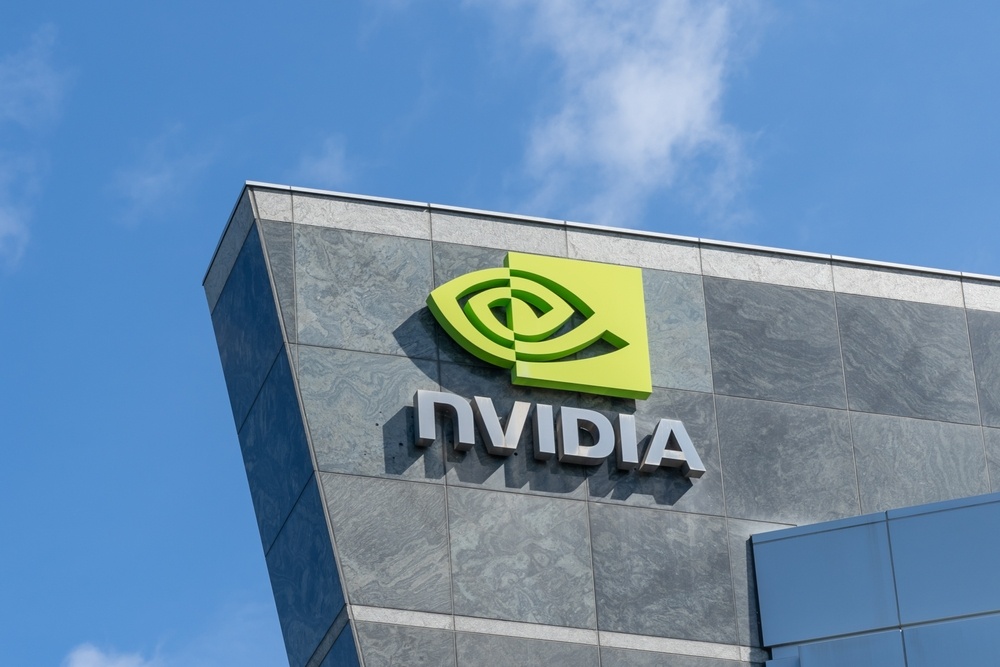NVIDIA and TSMC Collaboration: Challenges and Opportunities Coexist
Nvidia and TSMC have been in partnership for nearly three decades, forming a highly symbiotic business model. The rapid development of the AI market has also made Nvidia TSMC's second largest customer after Apple.

Nvidia and TSMC have been in partnership for nearly three decades since 1995, forming a highly symbiotic business model.
With the rapid development of the artificial intelligence (AI) market, Nvidia has now become TSMC's second largest customer after Apple, and the two parties have worked closely together in the field of AI chip manufacturing to maintain their industry leadership.
In March this year, Nvidia launched the world's most powerful AI chip Blackwell, which is widely regarded as an important milestone in promoting the development of AI applications. However, this top chip manufactured by TSMC caused friction shortly after its release, and the market paid close attention to it.
According to reports, within a few weeks of the release of the Blackwell chip, Nvidia's engineers discovered that the chip could not operate properly in the high-voltage environment of the data center, causing Nvidia to question the design and production process. Some engineers believe that the problem may be due to design defects, while others blame TSMC's latest CoWoS-L packaging technology.
Although this technology improves performance, it may slow down production progress. This accusation spread quickly in the financial circle, and TSMC investors began to express concerns about the production of Blackwell chips.
In addition to technical disputes, TSMC pointed out that the production time given by Nvidia was too tight. TSMC internal employees revealed that Nvidia's production and problem-solving time for TSMC was significantly less than that of another major customer, Apple, making it difficult for the factory to complete the production process in a short period of time.
In fact, in early August this year, the market reported that the shipment of Blackwell chips would be delayed by three months, which shocked the industry. In addition to technical problems, the delay was also related to TSMC's tight production process. Morgan Stanley's report showed that the production of Blackwell chips was suspended for two weeks due to technical challenges, but it is expected to catch up with the original schedule in the fourth quarter.
This is not the first time that the cooperation between Nvidia and TSMC has been tense.
In June this year, when Nvidia founder Huang Renxun visited Taiwan, he asked TSMC executives to set up a dedicated CoWoS production line for Nvidia to accelerate the production of Blackwell chips. However, this request was rejected by TSMC executives, who even asked Nvidia whether it was willing to invest in setting up a production line, which intensified the conflict between the two sides and the situation was deadlocked. In the end, TSMC Chairman Wei Zhejia came forward to mediate and ease the tension.
Despite the previous news of production delays, Nvidia's Blackwell chip has now entered the full mass production stage. Huang Renxun said in early October that Blackwell's production has been proceeding smoothly as planned, and the demand is "very crazy", and every company in the market wants to get this chip as soon as possible.
Although the production problem seems to have been resolved, the pressure on cooperation between TSMC and Nvidia remains. As the AI market continues to expand, Nvidia's production needs for TSMC will become more urgent.
Analysts pointed out that although Nvidia is actively seeking other suppliers, such as negotiating with Samsung to produce a new generation of gaming chips to reduce its dependence on TSMC, it will still be difficult for Nvidia to get rid of its dependence on TSMC in the short term.
TSMC has more than 90% market share in the field of advanced chip manufacturing, especially in the production of high-end AI chips. Nvidia still needs to rely on TSMC's technical support to maintain its leadership in the AI market. TSMC is also actively expanding its production capacity of advanced packaging technology to meet the growing needs of Nvidia and other customers, but this process cannot be completed in the short term.
Although TSMC has an absolute advantage in technology, facing large customers such as Nvidia, its production pressure continues to increase. How to meet market demand while ensuring quality remains a major challenge in the future.
Disclaimer: The views in this article are from the original Creator and do not represent the views or position of Hawk Insight. The content of the article is for reference, communication and learning only, and does not constitute investment advice. If it involves copyright issues, please contact us for deletion.